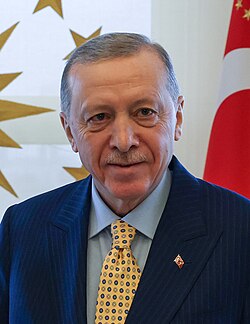Turkey Deports Christians, Label Them “Security Risks”

Ankara is facing growing international scrutiny after a series of expulsions of foreign Christians that rights groups say were justified by internal security classifications.
Advocacy organisations and independent monitors report that scores of pastors, aid workers and church employees have been refused re-entry or removed in recent years after being assigned internal “security” codes measures critics call arbitrary and discriminatory.
Legal advocates say the practice intensified after 2020. Christian legal-support groups have documented hundreds of affected individuals and their family members, and some organisations claim more than 200 workers and roughly 350 people in total have been barred from the country under these rules.
Several of those expelled were reportedly serving in Protestant congregations or in charities that operate across Turkey, a country with long-established Christian communities as well as newer foreign religious workers.
Human-rights organisations and international bodies have expressed alarm. Human Rights Watch and Amnesty International highlight the broader context of national-security legislation that Turkish authorities have used against perceived opponents since the 2016 coup attempt, warning that such powers can be and in these cases have been applied to peaceful religious practice.
The U.N. human-rights office has also registered concerns about forced returns and the risk of unlawful expulsions. ([Human Rights Watch][2])
Ankara has rejected the allegations. Government statements carried by pro-government media call the claims unfounded and accuse critics of running disinformation campaigns that misrepresent routine immigration or public-order measures.
Turkish officials say decisions to remove or ban foreign nationals are made on security grounds and follow domestic law.
Victims and their lawyers contend many cases show no evidence of wrongdoing beyond religious affiliation or leadership roles in small congregations. Several legal challenges are now working their way through domestic courts and, in some instances, are being prepared for appeal to the European Court of Human Rights, where lawyers argue the expulsions breach Turkey’s obligations on freedom of religion, association and due process.
Advocacy networks are mounting litigation and public campaigns to reverse bans and secure the right to return.
EU institutions and foreign policy observers are watching closely. Recent EU progress reports and country assessments have flagged rising restrictions on religious minorities and obstacles to registering places of worship or training clergy, all of which critics say create a hostile environment for non-Muslim communities.
Those factors, analysts warn, make administrative removal decisions especially fraught from a human-rights perspective.









